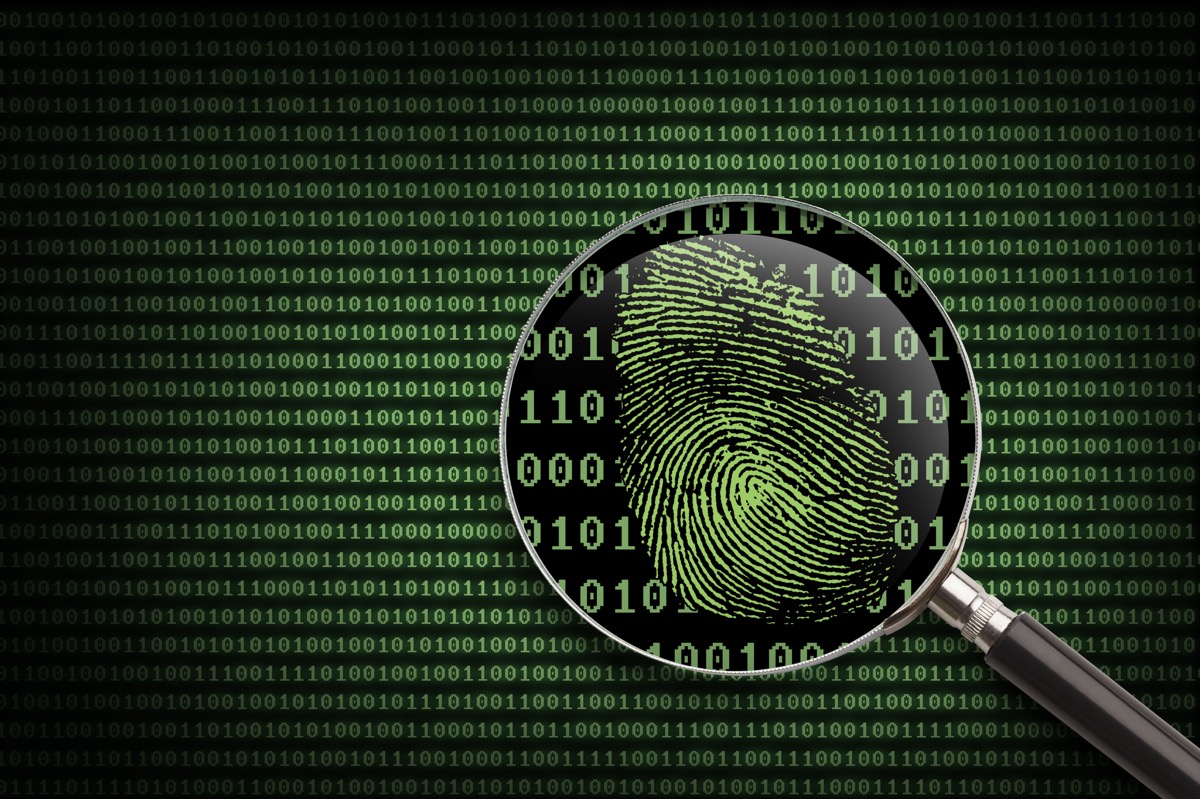Cybersecurity Breach: How To Protecting Yourself
Dec 31, 2013
Just type in the words “cyber security” as an internet search and the volume of current news stories is painfully obvious. With the holidays coming to a close and online sales up between 10-15% compared prior years, cyber security is an issue that is truly at the forefront for many businesses. A recent article from USA Today says that 3 out of 4 companies that were attacked in 2012 were organizations with 100 or fewer employees.
It seems as though every day another security breach makes the news. Many well-known companies such as Apple, Facebook, and The New York Times, even federal government agencies have been in the headlines as victims to cyber crimes this year. More recently, Target announced that the debit and credit card information of 40 MILLION shoppers had been stolen in a three week period. Should we just go back to using cash?
This is such a significant topic for business owners and consumers alike because business today is conducted online. If you don’t have an online presence as a business owner, you are living in the stone age. As a consumer, your shopping habits could be labeled as “antiquated” if you don’t conduct even a small portion of your shopping online.
 As a business owner, you are responsible for protecting your employee’s, your customer’s and your own financial and sensitive business information. As a consumer, you can take small measures to ensure your security. Here are a few of the most basic rules every business and individual can and should be following to help protect confidential information:
As a business owner, you are responsible for protecting your employee’s, your customer’s and your own financial and sensitive business information. As a consumer, you can take small measures to ensure your security. Here are a few of the most basic rules every business and individual can and should be following to help protect confidential information:
• Don’t respond to popup windows telling you to download anything • Don’t allow websites to install software on your device • Don’t reply to unsolicited emails • Use screen locks, log off the system when not in use, and shut off your computer at the end of the day • Ensure that your computer hardware and software are updated regularly on all devices • Control physical access to computers and networks • Make certain that Wi-Fi networks are secure • Change passwords regularly and use firewalls to protect your systems • Back up your data on a regular basis so that if anything is compromised, you have a copy. • Make sure that employees have and know the rules about cyber security and safe social media practices
Don’t assume that your business cannot be targeted because it is too small, and on individual terms, don’t assume that your information cannot be obtained because you “don’t shop online that much”. Be prepared!
By: Jennifer Kinzel, CPA, CMA
Categories: Uncategorized
